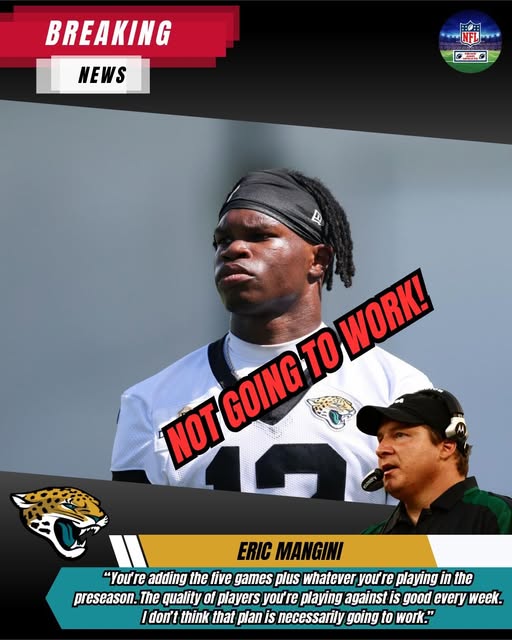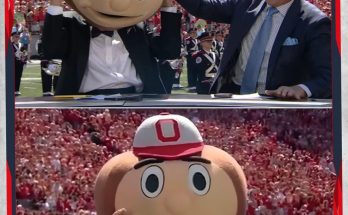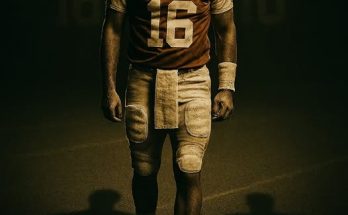The transition from college football to the NFL is one of the most challenging leaps in all of sports. Every year, highly touted prospects enter the league with sky-high expectations, only to find that the professional game operates on an entirely different level. Some players, however, arrive with an undeniable aura—a sense that they’re *built different*. Whether it’s their physical dominance, football IQ, or intangible leadership, they stand out even among elite competition. But no matter how special a player looks in college, the NFL presents a whole new set of challenges. The speed, complexity, and physicality of the game increase exponentially, and the margin for error shrinks to almost nothing.
Take, for example, a player who dominated the college ranks—someone like Cam Newton, Joe Burrow, or Trevor Lawrence. These were transcendent talents who made the game look effortless at the collegiate level. Newton bulldozed through defenses with a rare combination of size and athleticism, leading Auburn to a national championship. Burrow orchestrated one of the greatest seasons in college football history at LSU, displaying pinpoint accuracy and ice-cold poise. Lawrence was a generational prospect, a prototypical franchise quarterback with all the tools to succeed from day one. Yet, their transitions to the NFL varied drastically. Newton had an MVP-caliber rookie season but struggled with consistency and injuries later in his career. Burrow faced immediate adversity, tearing his ACL as a rookie before bouncing back as a superstar. Lawrence endured a rocky first year under Urban Meyer before flourishing with competent coaching.
This is the reality for even the most gifted players: the NFL is a different beast. The defenses are faster, smarter, and more complex. Pass rushers are stronger and more technically refined. Coverages disguise looks better, and windows close in a blink. A quarterback who could extend plays with ease in college suddenly finds NFL edge rushers running sub-4.5 40s. A running back who broke tackles at will learns that NFL linebackers hit harder and tackle cleaner. Wide receivers who roasted college defensive backs with pure speed discover that NFL corners can match their stride-for-stride while also being physical at the line.
The mental adjustment is just as critical. In college, elite players often rely on raw talent to dominate. The playbooks are simpler, the opponents less prepared, and the stakes—while high—don’t carry the same week-to-week pressure as the NFL. Professionals spend countless hours dissecting film, identifying tendencies, and exploiting weaknesses. A rookie who got away with locking onto his first read in college will be exposed by savvy NFL defenders. A linebacker who could freelance in college must now master complex gap assignments and coverage responsibilities. The mental grind is relentless, and those who can’t adapt quickly find themselves left behind.
Then there’s the physical toll. The NFL season is longer, the hits are harder, and the recovery time is shorter. College stars might have played 12-14 games in a season; the NFL demands 17 regular-season contests, plus playoffs for the best teams. The wear and tear add up, and players who were durable in college sometimes break down under the increased physical demands. Even the most gifted athletes must adjust their training, nutrition, and recovery methods to survive the NFL’s brutality.
So when a player enters the league with the *built different* label, it’s worth acknowledging—but it’s also worth tempering expectations. History is littered with can’t-miss prospects who missed badly. Some thrive immediately, like Adrian Peterson or Patrick Mahomes. Others take time, like Josh Allen, who went from raw talent to MVP candidate after years of development. And some never put it all together, like Johnny Manziel or Trent Richardson, whose college brilliance didn’t translate.
The five-game stretch in the NFL can be particularly revealing. In college, a player might have a couple of off games and still dominate by season’s end. In the pros, five games can make or break a reputation. A rookie quarterback who starts hot might earn early praise, only to hit a wall when defensive coordinators adjust. A star pass rusher could notch a few sacks early, then disappear once offensive lines key in on him. The best players adapt, refine their game, and keep producing. The ones who don’t? They become cautionary tales.
Ultimately, being *built different* in college is just the first step. The NFL separates the truly exceptional from the merely great. It’s not just about talent—it’s about resilience, adaptability, and the relentless pursuit of improvement. The players who understand that are the ones who last. The ones who don’t? They learn the hard way that the league doesn’t care about hype. It only cares about results.



